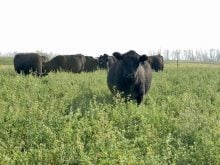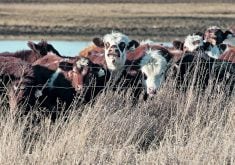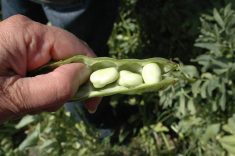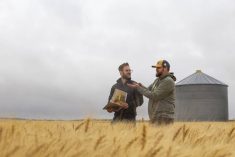It’s election season for many of Alberta’s farm organizations but it can feel like pulling teeth to get farmers involved, say representatives of grower groups.
The positions are not necessarily as time-consuming as farmers may think because there are many people to help and in many cases work-life balance is prioritized.
Read Also
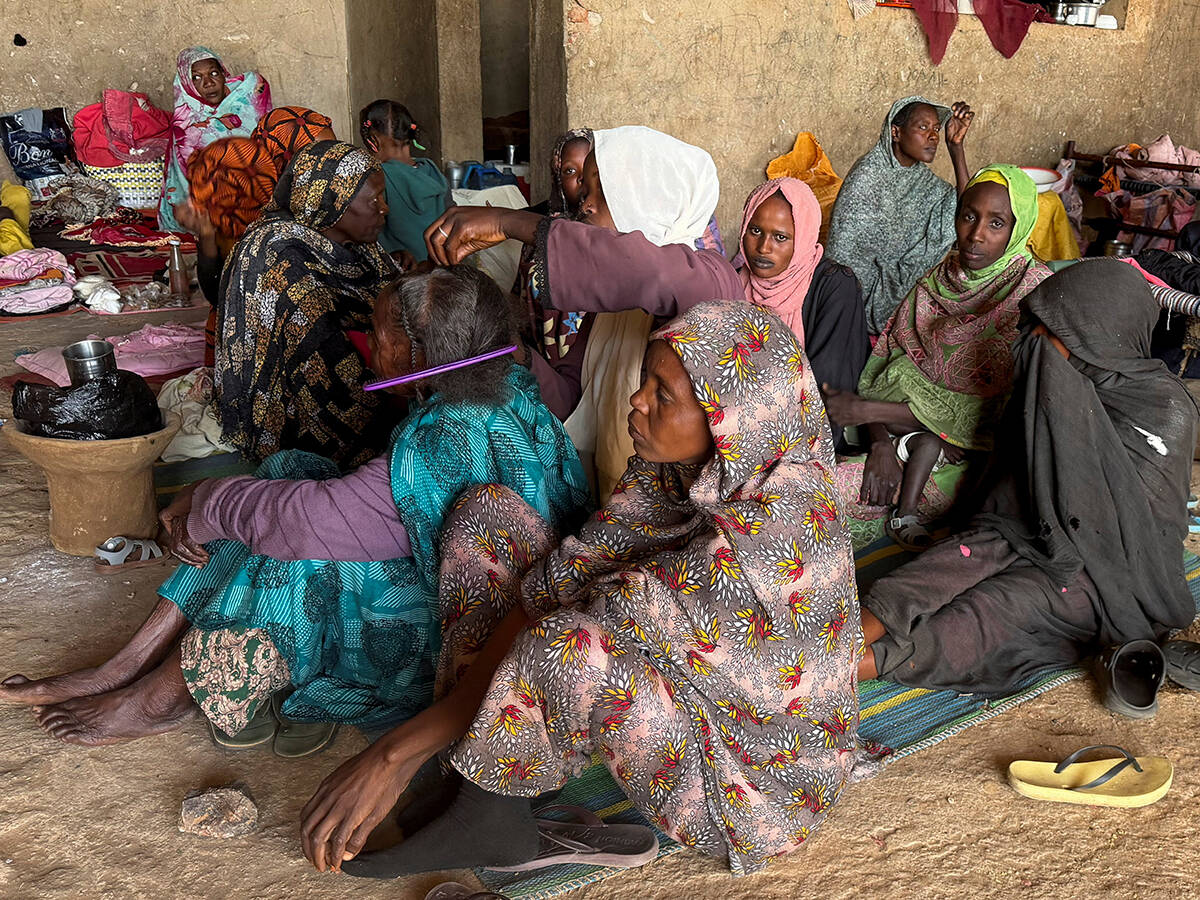
‘Millions will die’: Foodgrains Bank faces $2.7B federal funding threat
Foodgrains Bank warns $2.7B aid cut triggers a humanitarian crisis, risking global hunger relief and 40 per cent of its funding.

“It has to be family, farm and then commission work. Those should be your priorities at all times,” said Jason Lenz, interim vice-chair of Alberta Grains (formerly Alberta Wheat and Barley).
And there’s a lot in it for them. Farmers engaged in the industry get a lot of return for their service, he said.
“I think most producers that get involved will tell you they get way more out of it than what they put into it as far as time, knowledge and the ability to be on the leading edge of issues that farmers are faced with.”
That knowledge component has been a big incentive for Shane Strydhorst, chair of the Alberta Pulse Growers executive committee and a director for Pulse Canada.
“Access to information is one of the things I’ve appreciated the most. I learn a great deal about issues that affect me as a farmer, both directly and indirectly: things like processing, transportation, trade and the importance of market acceptance and market access.”
Directors with the Alberta Canola Producers Commission get a “front row seat at the table” for new government policy and an opportunity to have a say in those discussions, said Karla Bergstrom, executive director.

“There’s some intrinsic value to seeing the good work that’s happening and being able to get those wins,” she said.
“There’s a lot of times where the government doesn’t understand agriculture. Sometimes the biggest thing we do is just mitigate some of the bad policy that impacts farms.”
While a new director or delegate is faced with a steep learning curve, Bergstrom said the commission tries to accommodate individual circumstances so people aren’t overwhelmed.
“There’s some who are the primary operators on their farms and so they might get involved in initiatives where there may be not as much travel and maybe there’s more virtual meetings.”
Limited time and feelings of inadequacy play a role in producers’ reluctance to volunteer.
Said Strydhorst, “everybody’s trying to balance their farm, their family and volunteering. Some people are helping with their aging parents and a lot of us are raising children and helping their aging parents.”
Some producers consider their knowledge of industry issues to be insufficient. Strydhorst tells them they don’t have to be instant experts.
“I think you just need to have a willingness to learn and be involved,” he said.
“From my own experience, I joined APG as an advisor in 2017 and I was quite intimidated. But I’ve learned a tremendous amount since then because of my involvement and it’s been a really enjoyable experience so far.”
Fred Lozeman, finance chair and a six-year delegate for Alberta Beef Producers, believes a societal pivot on volunteerism is partly to blame for fewer volunteers in general. The pandemic aggravated a trend that started about a decade earlier.

“I’ve sat for several two-year terms and only had to be elected once. Otherwise, I was just in by acclamation. So not enough producers are stepping up and getting involved. But I get it — it’s a significant ask,” he said.
“It used to be that so much stuff was handled locally and so many of us in in a community would have to get involved in a lot of little local committees and boards and service clubs and things like that in order to just make our communities better.
“Now it’s become more centralized and governments seem to handle a lot of that stuff.”
How do current board members manage the family, farm and commission balance?
For Lenz, it means keeping an eye on the calendar and counting on family and employee support.
“I’ve become way better at scheduling and paying attention to what’s coming up in the days or weeks ahead in order to get the work that needs to be done on the farm done.
“That allows me to spend a couple days away at a board meeting or a trip to Winnipeg to attend the Cereals Canada meeting, for example,” he said.
Strydhorst gets creative when managing his farm while engaged in commission duties.

“There’s a lot of times where I’ve got the autosteer engaged in the combine or the tractor and I’m responding to emails or texts or taking phone calls.”
However, that level of multitasking is rare.
“We’re obviously really busy at seeding and harvest, so there’s not too much at those times of the year.”
The amount of workload can vary. At Alberta Grains, delegates are expected to attend four board meetings per year.
“That’s kind of the bare minimum,” said Lenz. “Once you get elected as a director, you are expected to be on some of our committees — primarily committees that interest you. Some people like research, some people like policy.
“So there’s always those research or committee calls that are usually done virtually so there can be four or six of them per year.”
Alberta Canola’s expectations of board members are similar.
“We have four board meetings a year and each are about a day and a half. So with your travel and the board meetings, that’s the minimum requirement,” said Bergstrom.
Farmers don’t have to stand for nomination to get involved, she said. They can start by attending some of Alberta Canola’s events, such as grower engagement meetings, which take place in communities throughout Alberta in November and December. (Visit albertacanola.com for more details.)
However, engagement can be as simple as picking up the phone or writing an email.
“If growers have suggestions for any kind of policy or research challenge they’re facing, we’d love to hear from them. It’s really a grassroots organization,” said Bergstrom.
As an aside, Lozeman would like to see more diversity on ABP’s elected boards and among farm commissions in general.
“Those of us who have more time for our commissions are typically in the more established farms that are running well,” he said. “It’s tough for people who are just trying to get their business going to carve out time.”
However, perspectives from that cohort and others are needed.
“Maybe it’s a first generation farmer. Maybe it’s someone who’s a service provider to industry. They’re seeing a lot of things and those are important perspectives.”
Lozeman doesn’t suggest that commissions change their rules on who qualifies to run for boards. Most farm commissions limit board memberships to primary producers and levy payers. However, he said they could consider ways to give ancillary industry players a platform of some kind.
“They’re intimately involved in the industry somehow so we need to find ways of hearing those voices as well.”
More information on these groups’ short-term nomination and voting plans is available on their respective websites.




